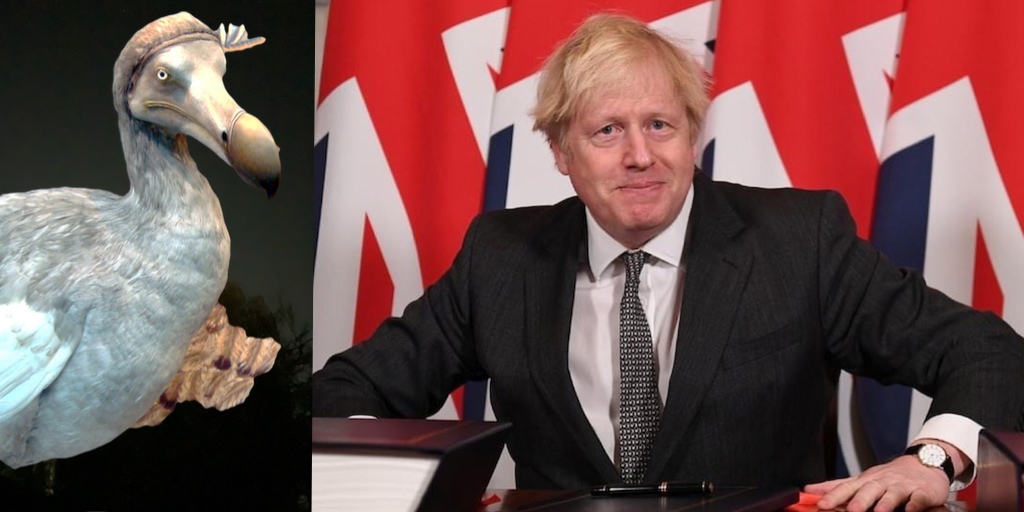HONOURED MORE IN THE BREACH THAN THE OBSERVANCE: That great statesman, Boris Johnson, confirmed today that standards are optional.
He included this statement in a meandering ramble promoted by a sycophantic back bench lackey.
“Obviously standards are important,” he blustered, with his usual lack of self awareness. “But when the Ministerial Code – which is a voluntary mechanism, after all – gets in the way of day to day business, then it is incumbent upon ministers, wiff waff, erm, erm, yes, no, erm, to ignore it. Ignore it, my friends, with impunity! Omnia mutantur, nihil interit, I say!”
Johnson was gently pressed on the matter. Someone dared to ask him about the Nolan Principles.
“The Nolan Principles?” he replied, momentarily stumped. “If you mean the Nolan Sisters, well, they were some seriously decent totty back in the day!”
By extension, perhaps there are other codes which are past their sell by dates. Public standards expert Manda Torie detailed the situation for LCD Views.
“Any code, such as the Ministerial Code, relies on compliance,” Torie explained. “But codes may be broken, like the Enigma Code, and once they are broken they lose their power.”
That’s a very good point. Which other codes are at risk?
“The Highway Code is essential to road safety,” she replied. “Without it, our roads would resemble a mass brawl in cars, or even worse, Italy. Without common agreement, the Morse Code would be a random series of bleeps, and the Da Vinci Code a load of overblown gibberish.”
And this is why the Ministerial Code is important.
“A chain of command is only as strong as the weakest link,” she clichéd. “And if the links at the head of the chain are removed, then there is no chain at all. The government has broken its links to the country. Democracy is dead!”
Codes advise, ministers decide.


